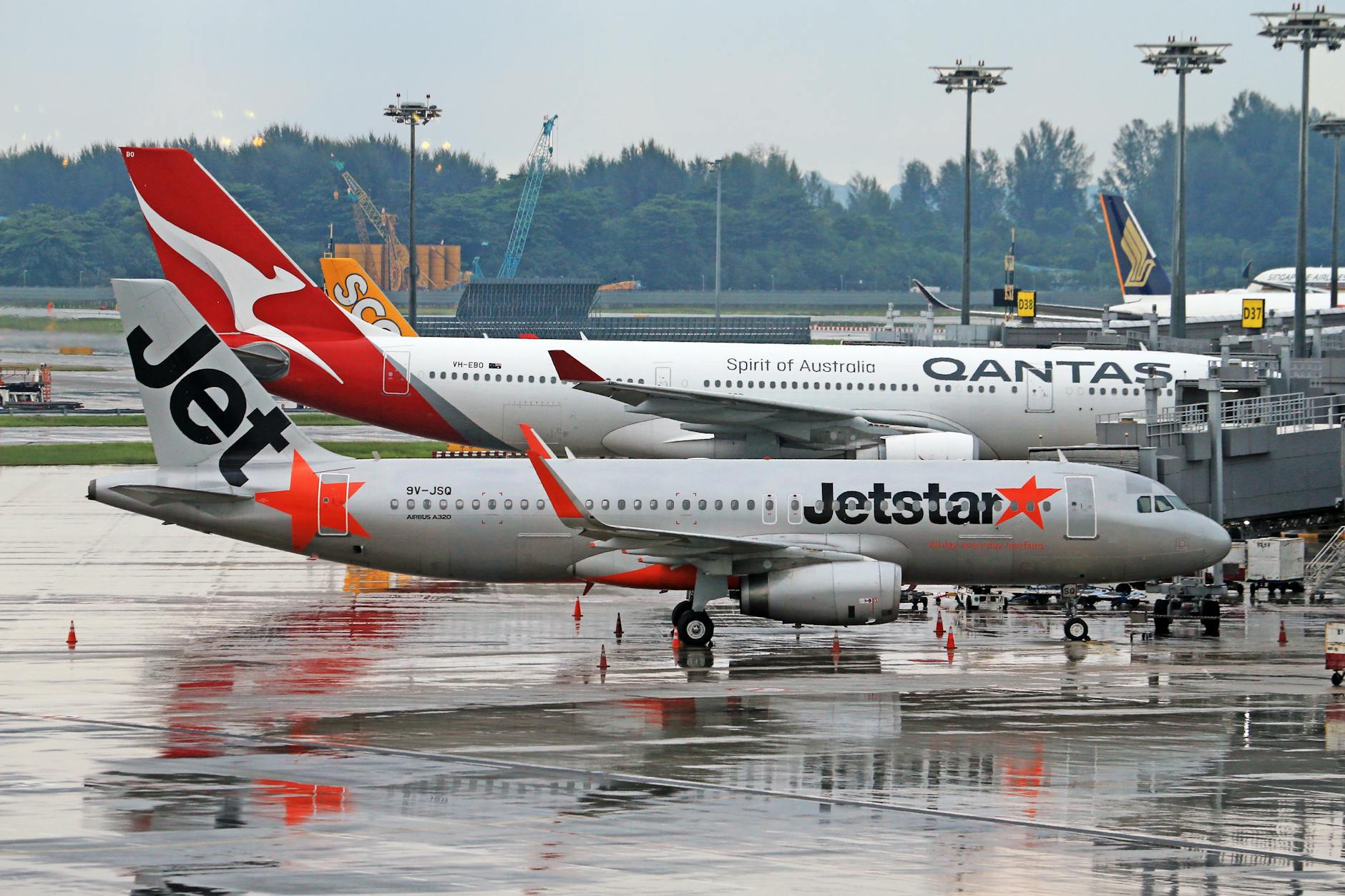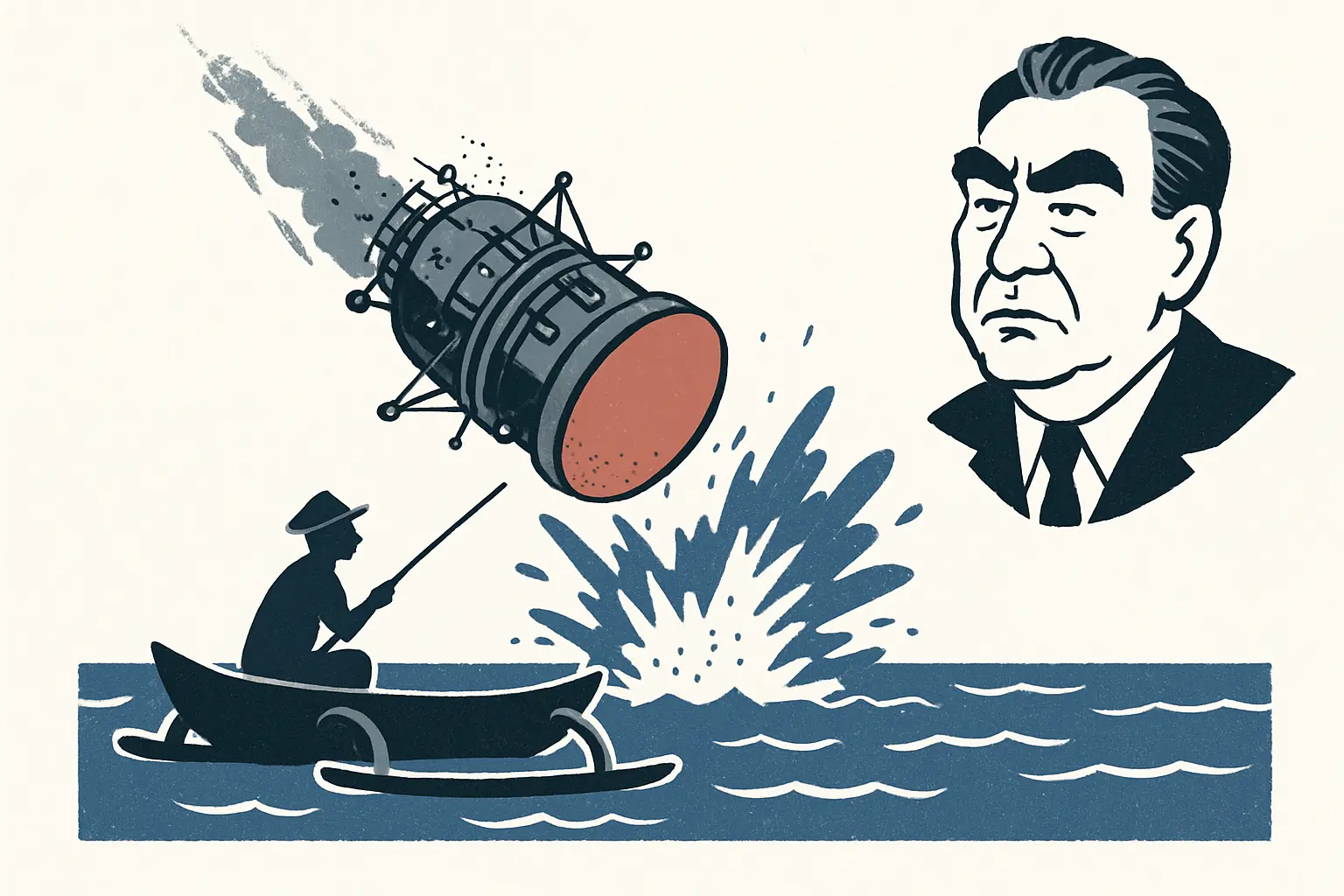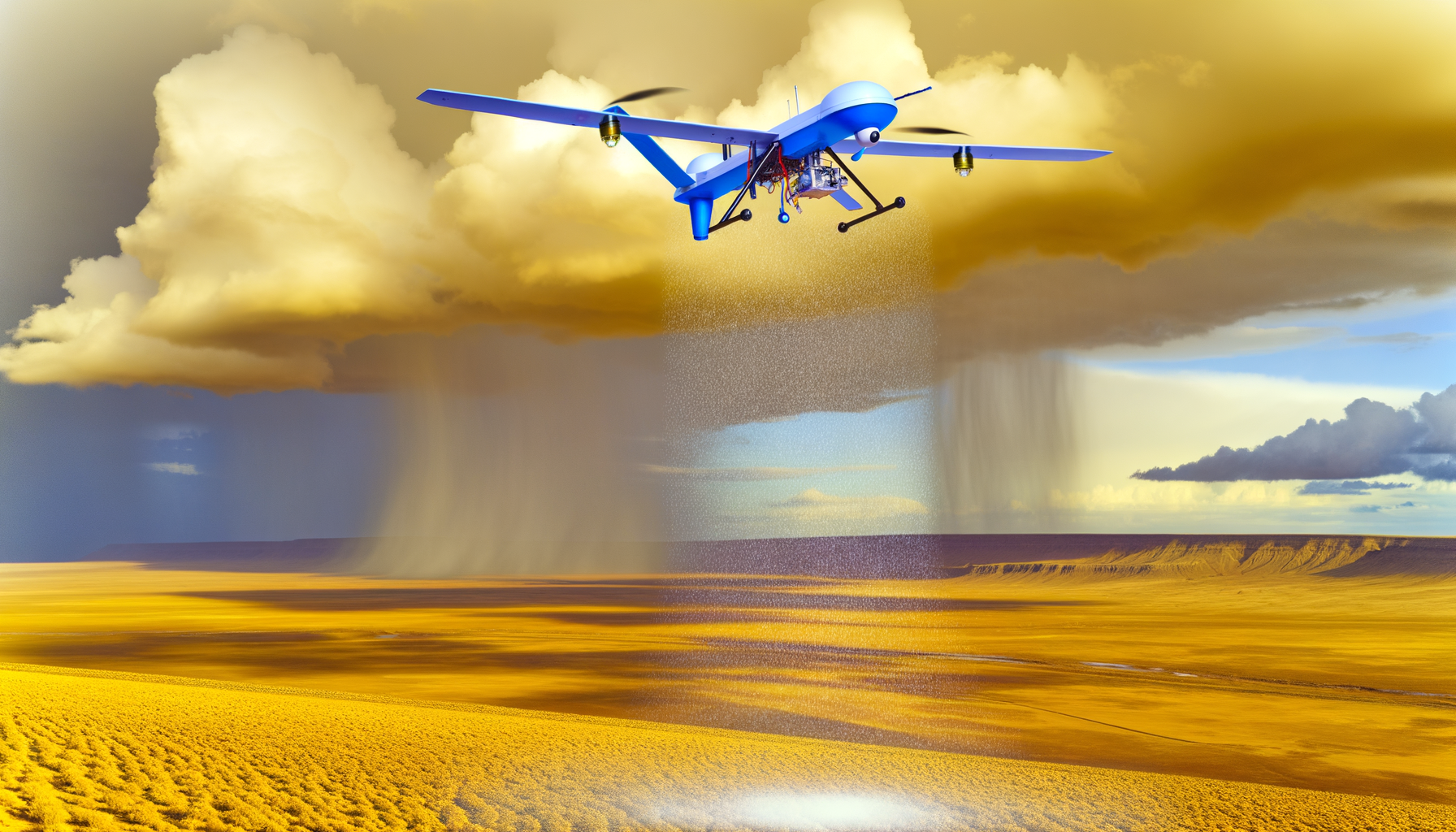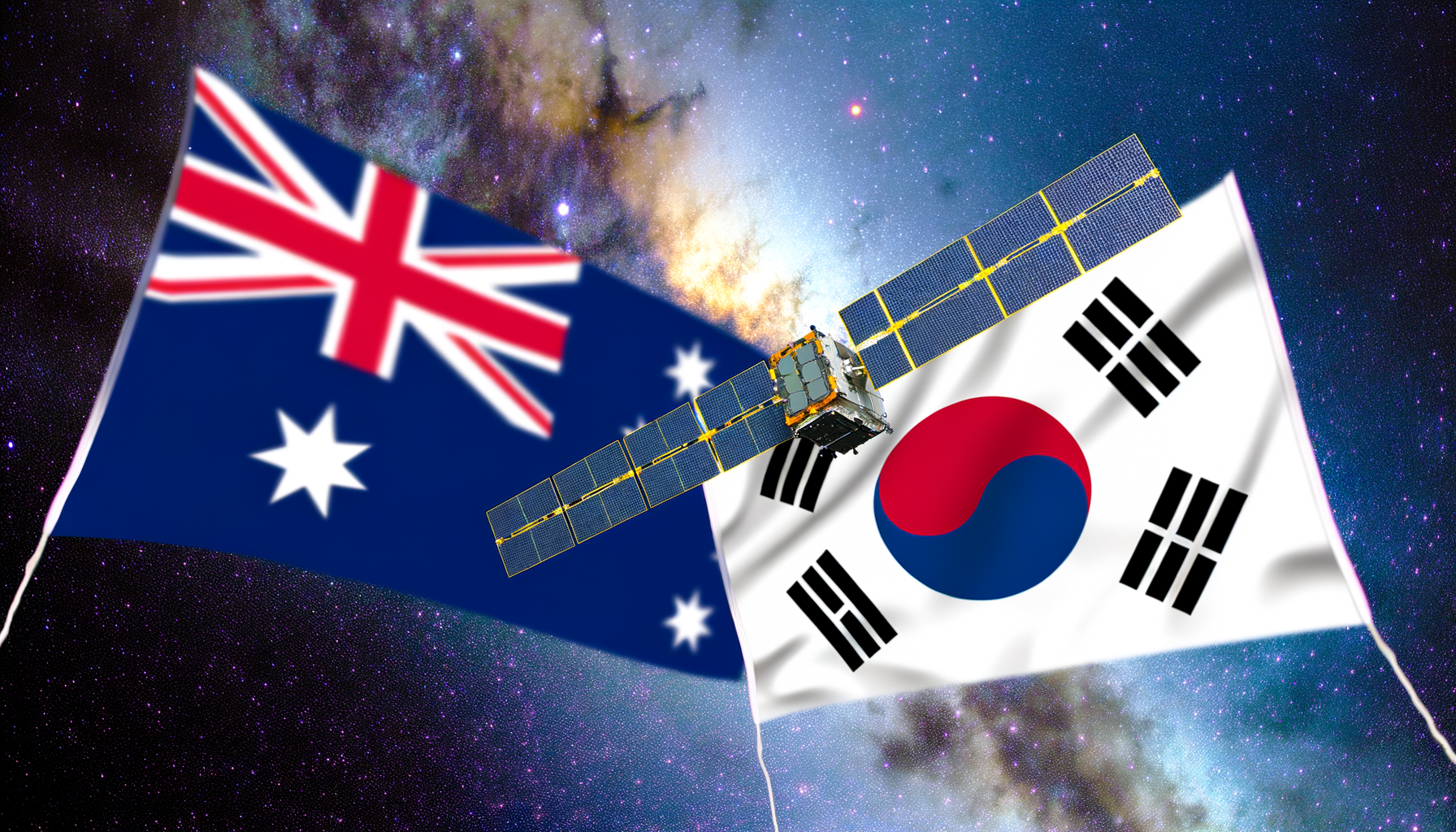U.S. Air Force Brigadier General Doug Wickert recently briefed civic leaders near Edwards Air Force Base in California about the potential for massive disruption if China were to attack Taiwan. The briefing highlighted the rapid military growth of China and its preparations for a major war. The U.S. is preparing for a long and potentially brutal conflict, with efforts focused on deterring China through military readiness and strategic partnerships with regional allies.
Key U.S. military equipment, such as the B-21 Raider stealth bomber, is seen as crucial in deterring China. However, if deterrence fails, U.S. officials warn of potential attacks on U.S. bases and infrastructure, including cyber warfare and long-term disruption to power supplies.
China denies any specific timeline for an invasion but has been assertive in its claims over Taiwan. The U.S. and its allies are enhancing military capabilities, including rebuilding airbases in the western Pacific to improve strategic positioning.
The situation is complex due to China’s increasing military capabilities and the U.S.’s efforts to maintain a balance of power in the region. The escalation could lead to a broader conflict involving other nations, including North Korea and potentially impacting global supply chains.
Context & Background
The tensions between China and Taiwan have been escalating, with Beijing asserting its sovereignty claims over the island. The U.S. maintains a policy of strategic ambiguity regarding intervention in case of an attack on Taiwan. This policy is supported by the Taiwan Relations Act, which requires the U.S. to maintain plans to prevent any effort by China to change the status quo. The U.S. military, alongside its allies in the region, including Japan, South Korea, the Philippines, and Australia, has been preparing for potential military action against China. The situation has been complicated by China’s rapid military growth and the U.S.’s efforts to deter a potential invasion.
In This Story
Xiaoping Jinping
Chinese President Xi Jinping is a key figure in China’s military strategy and political leadership. He has been instrumental in shaping China’s assertive foreign policy.
U.S. Department of Defense
The U.S. Department of Defense is responsible for the military and national security of the United States. It plays a crucial role in U.S. foreign policy and defense strategies.
Northrop Grumman
Northrop Grumman is a major U.S. aerospace and defense company involved in the production of military aircraft.
Taiwan
Taiwan is a democratic island nation with a complex relationship with China, which claims Taiwan as part of its territory.


















Comments are closed.